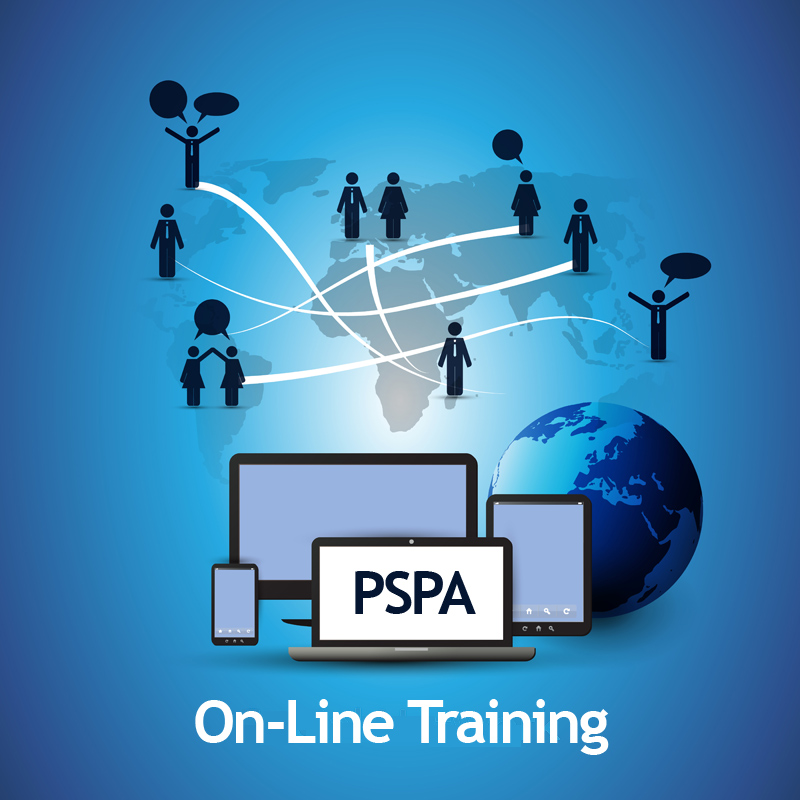Effective Security Training

Private Security Professionals of America (MyPSPA.org) is an industry leading “Professional Security Association” that provides a comprehensive library of ON-LINE Training, Certification, and Continuing Education for Individuals and Businesses.
Join PSPA today for FREE and experience first-hand how our accredited programs can foster career growth for applicants, new hires, veterans, and executives. Use CIN Code: PSPAFREE in lieu of payment during Individual Membership Registration.
In brief, today’s “Security Professional” can measurably contribute to the success of a company when effectively trained to perform their job. Effective training must be conducted during new-hire orientation and on-going throughout an employs’ tenure.
Effective training must be endorsed, branded and promoted at the executive level within an organization; then integrated into policy & procedure as a minimum requisite for all leaders, managers, supervisors and front-line employees. When all employees understand what is expected of them and they further understand that executive leadership endorses and monitors “the training directive” - individual as well as team accountability rises to a new-norm.
With this, some companies consider in-depth training as an unnecessary expense and expect new-hire employees to simply learn on-the-job from supervisors or other on-duty personnel. Often, this type of training, or the lack thereof, or the lack of consistent and documented training (for all employees) is considered inadequate and will inevitably foster unwelcome risks, problems, issues, concerns, challenges and legal liabilities.
More often than not, employees are interested in performing their jobs well to advance the company, feel a sense of pride for a job well done, and promote their career or position. When there is no training or inadequate training, employees often do not fully understand how to do their job and most goals become distorted, if not defeated from the start. Ultimately, a lack of training leads to low morale among workers, which results in employee turnover. A company with a reputation for high employee turnover becomes unattractive to applicants, employees, clients, and prospective clients.
Additionally, bottom line results are often compromised if not lowered when employees don’t know enough to do their jobs with confidence. Unskilled employees can spend considerable time seeking guidance or alternately perform tasks to their limited understanding resulting in risk and/or a detriment to the company. Conversely, supervisors and other cohorts will need to spend more time assisting unskilled workers, which detracts from their work and increases the amount of time necessary to effect or complete a day’s work. Ineffective processes generally lead to errors, oversights, mistakes, losses, damages, and personal injuries to name just a few.
The Occupational Safety and Health Administration (OSHA) reports that untrained workers are more susceptible to on-the-job injuries. In general, injuries and deaths occur when workers lack the necessary training, knowledge, skills, and personal protective equipment required to effectively perform their job.
A company that does not effectively train its staff can expect an increase in operational costs and miscellaneous expenses. These losses can include the cost of medical attention for staff due to an injury, reimbursement to customers or the general public for their loss due to an employee’s negligence, wrongful actions, or inactions, and the cost of defending the company before, during, or after a lawsuit.
Untrained employees rarely produce quality results. Untrained employees generally lack the skills to provide adequate customer service, much less, superior customer service which in today’s competitive marketplace differentiates winners from losers.
In the end, executive leadership must endorse then ensure that all training within the organization is Applicable, Effective, and Documented as Success is Always Job 1.






